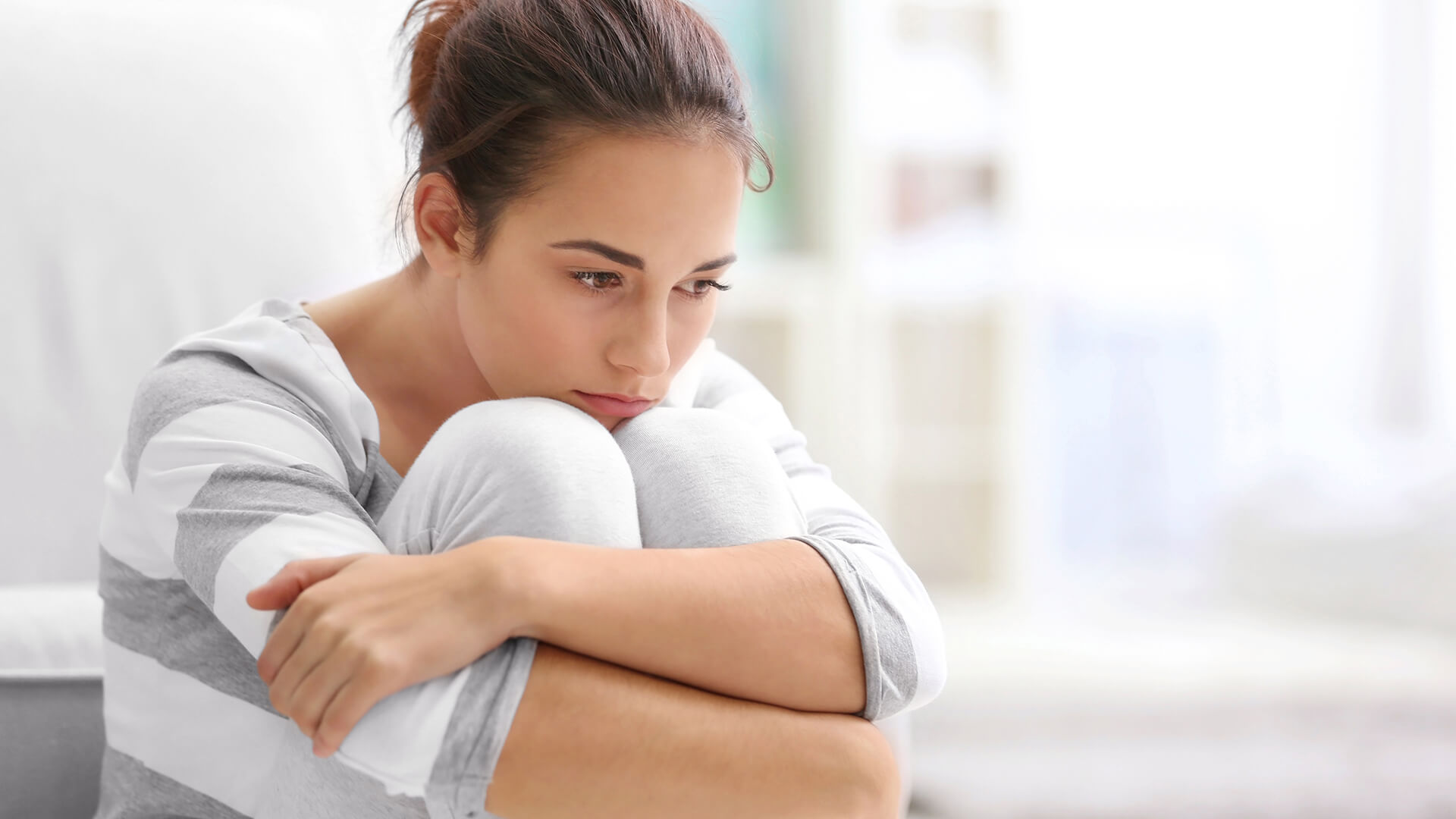Earlier this year US officials took measures to safeguard the physical wellbeing of American citizens against the coronavirus. They required non-essential businesses to temporarily shut their doors, canceled all large public gatherings, implemented social distancing measures, and strongly advised that everyone remain at home to slow the spread until a plan could be devised that would keep everyone safe.
Though these changes seem to be working to slow the spread of this vicious virus, medical experts warned of how these sudden and drastic changes would have a negative impact on the mental health of millions of people. The psychological impacts of the COVID-19 pandemic are plentiful, and will likely be the next health crisis that the country will have to face. Below is a look at the impact the virus is having on American citizens and the things you can do to get past it.
Fear and Worry
Two of the biggest psychological impacts deriving from the coronavirus pandemic are fear and worry. People are afraid of this invisible enemy that’s highly contagious, easily transmittable, and has a high mortality rate. They’re essentially afraid of what could happen if they or someone they know and love contracts the coronavirus.
The best thing you can do to combat fear and worry is to protect yourself and your family. Practice good hand-washing hygiene, remain close to home, social distance when in public, and sanitize your house regularly. You can also adopt healthy lifestyle habits to boost your immune system and your mood.
Panic and Anxiety
When you’re always fearful and worried about something, eventually, it can escalate to panic and anxiety. You become emotionally overwhelmed by the fact that anyone could get the coronavirus, there’s no treatment or vaccination for it, and no one seems to have a clue of how or when this will all be over. These consistent thoughts make it easy for your mind to run rampant causing anxiety and even panic.
A great way to ease your panic and anxiety would be to take a break from all media content daily. Consuming too much negative news triggers feelings of panic and anxiety. Instead, find something positive or constructive to do with your time.
Sadness and Grief
The COVID-19 pandemic has certainly sparked a great deal of sadness and grief across the nation. Every day you hear about people who can’t visit aging loved ones in the nursing home, aren’t able to be by their loved one’s side in the hospital, missing out on the birth of their child, and even not being able to say farewell to someone who was losing the battle. Seeing and/or experiencing this kind of pain and grief on a large scale leads to feelings of great sadness.
If you have been directly impacted by the coronavirus (i.e. lost a loved one) and are experiencing feelings of sadness or grief, it is ideal to seek help from a mental health expert to properly cope with your emotions.
Isolation and Depression
Long periods of sadness can essentially lead to depression. Where previously, someone feeling down could go spend time with families or engage in activities that boost their mood, today, their options are limited. Stay at home orders, social distancing requirements, and the closing of many businesses, activities, and events, have all but isolated people to their homes (unless for emergency reasons). When you’re isolated for long periods of time while also feeling periods of sadness, fear, worry, panic, and anxiety, this increases the likelihood of becoming depressed.
You may not be able to physically link up with loved ones just yet, but there are plenty of ways to stay connected. You can make regular phone calls, send text messages, share content on social media, and even socialize via video chat. This can help to reduce the loneliness, therefore, reducing your risk of depression.
Seek Help
Anyone who is experiencing any of the above-mentioned feelings as a result of the coronavirus pandemic is encouraged to reach out when you need help. Whether you’re suffering from mental illness, struggling with addiction, or simply need help coping with your overwhelming emotions, there are mental health experts as well as intensive outpatient programs for addiction that are available to you. You don’t have to face these trying times alone.
This is just the tip of the iceberg when it comes to the psychological impact the coronavirus is having on American citizens. There’s also a high level of stress, frustration, and even anger. As the COVID-19 pandemic continues to unfold, it is imperative that everyone develop practices to safeguard their mental health, and more importantly, to speak up when things get out of hand.


















